Blockchain technology is often associated with cryptocurrencies like Bitcoin, but its potential extends far beyond digital currencies. From supply chain management to secure voting systems, blockchain is being utilized in various industries to enhance security and transparency. Check out these diverse applications of blockchain technology, and how blockchain is transforming industries and solving real-world problems.
Supply Chain Management

Blockchain technology is revolutionizing supply chain management by enhancing transparency and traceability. By recording every transaction on a decentralized ledger, it ensures that products can be traced from their origin to the final consumer. This level of transparency helps prevent fraud and counterfeiting, providing consumers with greater confidence in the products they purchase.
Blockchain can streamline the supply chain process, reducing delays and errors caused by manual record-keeping. Smart contracts can automate processes such as payments and inventory management, making the supply chain more efficient. Companies can save costs and improve efficiency, leading to a more reliable and transparent supply chain.
Healthcare Records
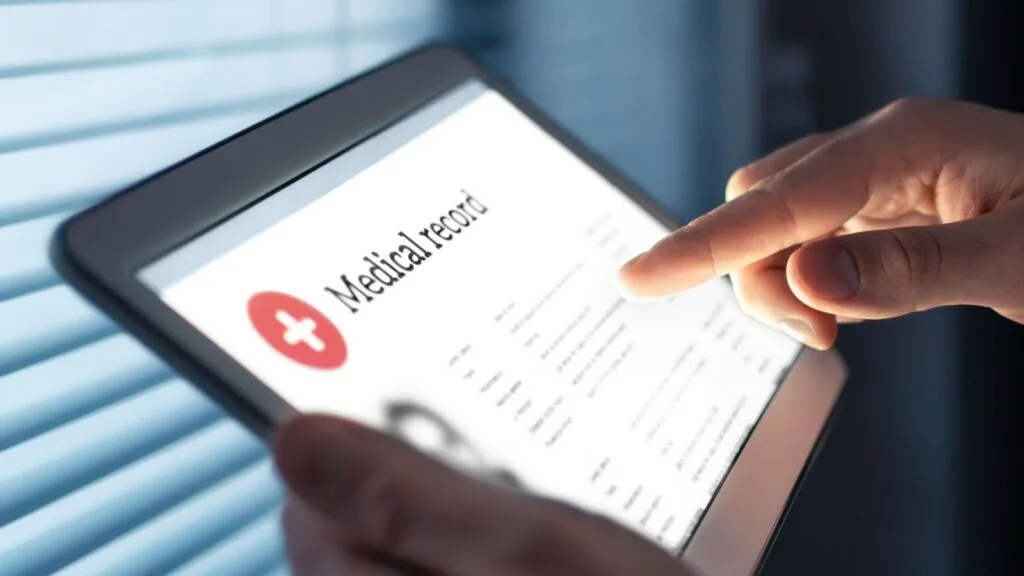
In healthcare, blockchain offers a secure way to store and manage patient records. With a decentralized ledger, patients can have complete control over their medical data, sharing it with healthcare providers as needed. This ensures that sensitive information is protected from unauthorized access and tampering.
Blockchain can facilitate better coordination among different healthcare providers. By having a unified, secure record of a patient’s medical history, doctors can make more informed decisions, leading to improved patient outcomes. The technology also helps in reducing administrative costs by eliminating the need for intermediaries in data exchange.
Voting Systems
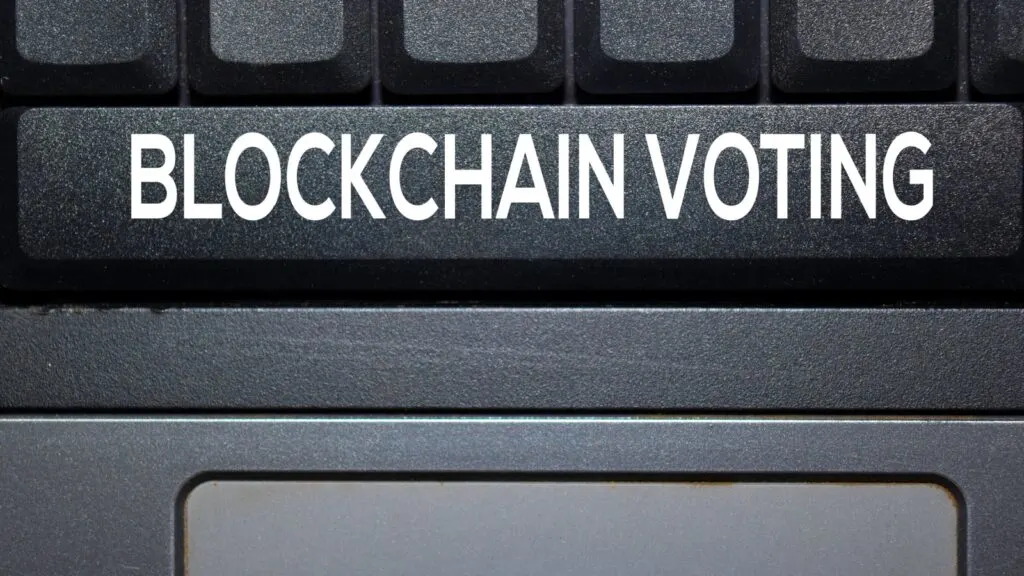
Blockchain can transform voting systems by providing a secure and transparent method for casting and counting votes. With blockchain, each vote can be recorded on an immutable ledger, ensuring that it cannot be altered or deleted. This helps in preventing electoral fraud and increasing public trust in the voting process.
Blockchain-based voting systems can increase accessibility for voters. People can vote from anywhere, reducing barriers to participation and making it easier for people with disabilities or those living in remote areas to vote. The system can also provide real-time results, making the entire process more efficient and transparent.
Intellectual Property Protection
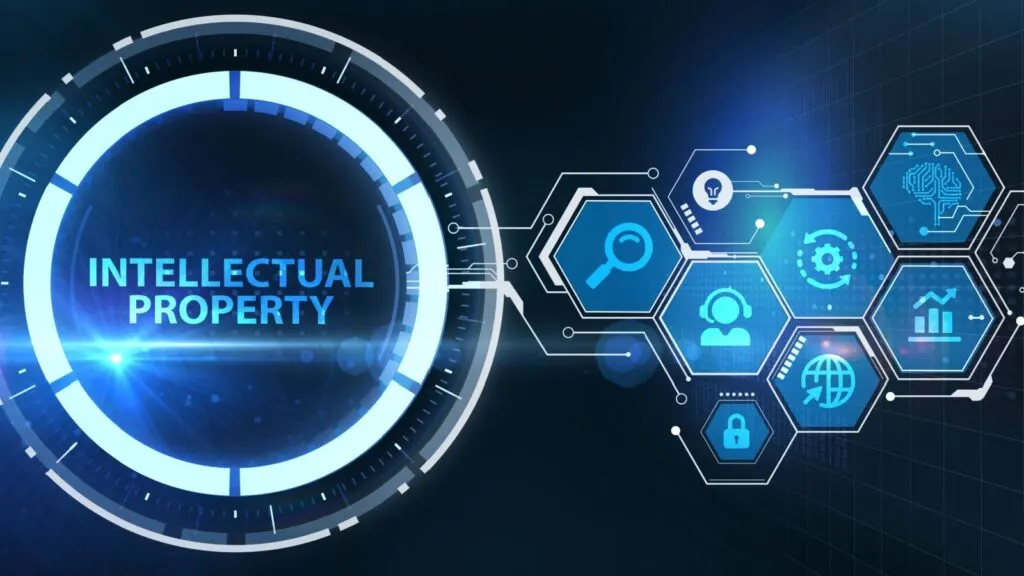
Blockchain can help protect intellectual property (IP) by providing a secure and transparent way to register and track IP assets. Creators can use blockchain to establish proof of ownership and the authenticity of their work. This helps in preventing IP theft and unauthorized use of creative content.
Blockchain can simplify the process of licensing and royalty payments. Smart contracts can automate payments to creators whenever their work is used, ensuring they receive fair compensation. This not only protects the rights of creators but also encourages innovation and creativity by providing a reliable way to monetize their work.
Real Estate Transactions

In the real estate industry, blockchain can streamline the process of buying and selling property. By recording property transactions on a decentralized ledger, blockchain ensures that all records are transparent and tamper-proof. This reduces the risk of fraud and simplifies the verification of property ownership.
Blockchain can speed up the real estate transaction process. Smart contracts can automate tasks such as verifying identities, transferring ownership, and releasing funds, making the process more efficient. This can lead to faster transactions, reduced costs, and increased trust between buyers and sellers.
Food Safety

Blockchain can enhance food safety by providing a transparent and traceable record of the entire food supply chain. From farm to table, each step in the production and distribution process can be recorded on a blockchain, ensuring that consumers know exactly where their food comes from. This helps in identifying and addressing food safety issues quickly and effectively.
Furthermore, blockchain can improve the efficiency of food recalls. In the event of contamination, companies can quickly trace the affected products and remove them from the market. This reduces the risk to consumers and helps maintain trust in the food supply chain.
Identity Verification
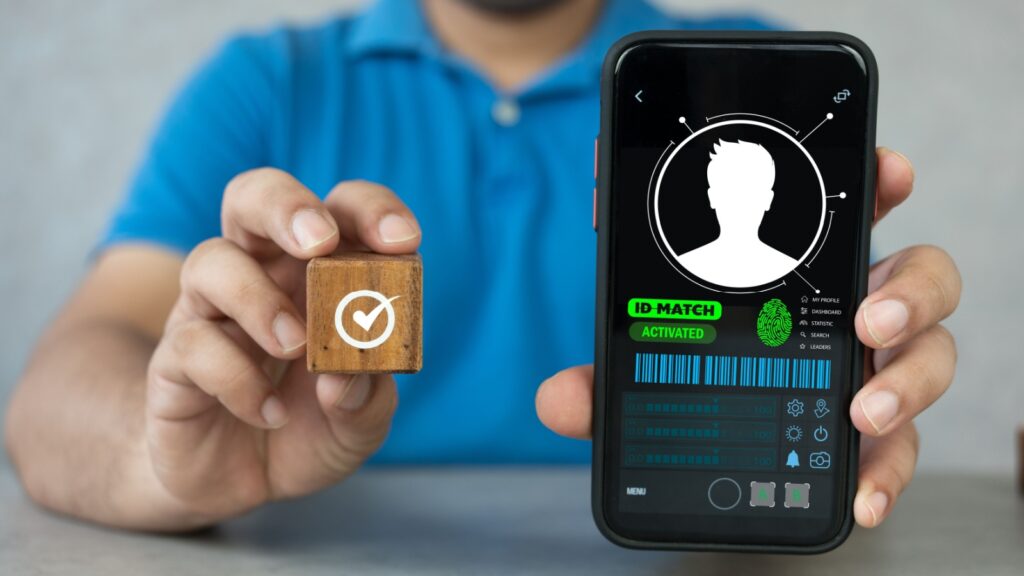
Blockchain technology can provide a secure and efficient way to verify identities. By storing identity information on a decentralized ledger, individuals can have control over their data and share it with others as needed. This reduces the risk of identity theft and fraud, as the information is stored securely and can be easily verified.
Blockchain-based identity verification can streamline processes such as opening bank accounts, applying for loans, or accessing government services. By reducing the need for multiple verification steps, blockchain can make these processes faster and more efficient. This not only benefits individuals but also reduces administrative costs for organizations.
Energy Trading

Blockchain can facilitate peer-to-peer energy trading by providing a transparent and secure platform for buying and selling energy. Homeowners with solar panels or other renewable energy sources can sell excess energy directly to their neighbors, bypassing traditional energy providers. This decentralizes the energy market and promotes the use of renewable energy sources.
Blockchain can help in balancing the supply and demand of energy. Smart contracts can automatically adjust prices based on real-time demand, ensuring that energy is distributed efficiently. This leads to a more resilient and sustainable energy grid, benefiting both consumers and the environment.
Charitable Donations
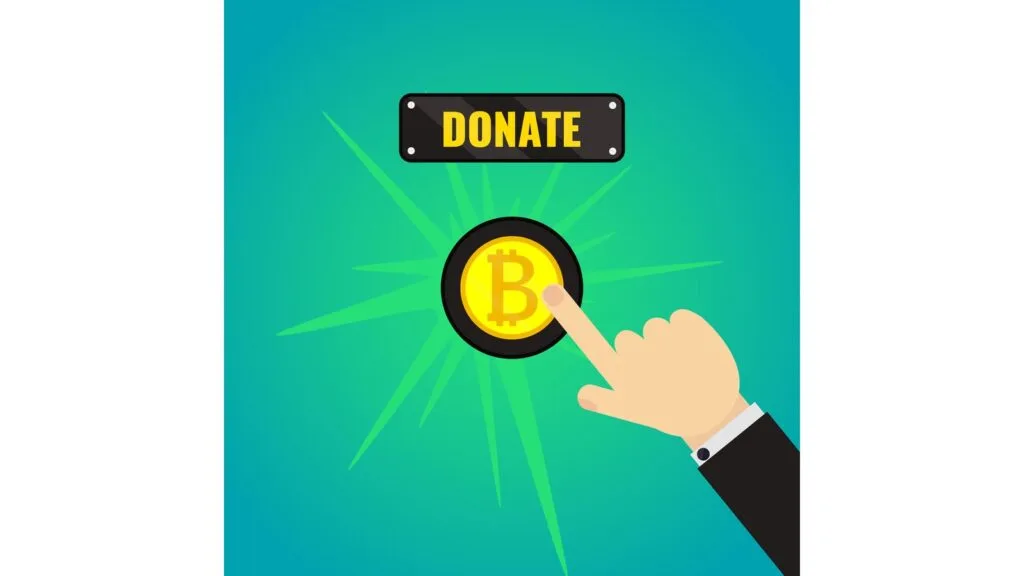
Blockchain can increase transparency and trust in charitable donations by providing a clear record of how funds are used. Donors can track their contributions from the moment they are made to when they are spent, ensuring that their money goes to the intended cause. This helps in building trust between donors and charitable organizations.
Blockchain can reduce the costs associated with managing donations. By automating processes and reducing the need for intermediaries, more funds can go directly to the cause rather than administrative expenses. This makes charitable organizations more efficient and effective in achieving their goals.
Academic Credentials
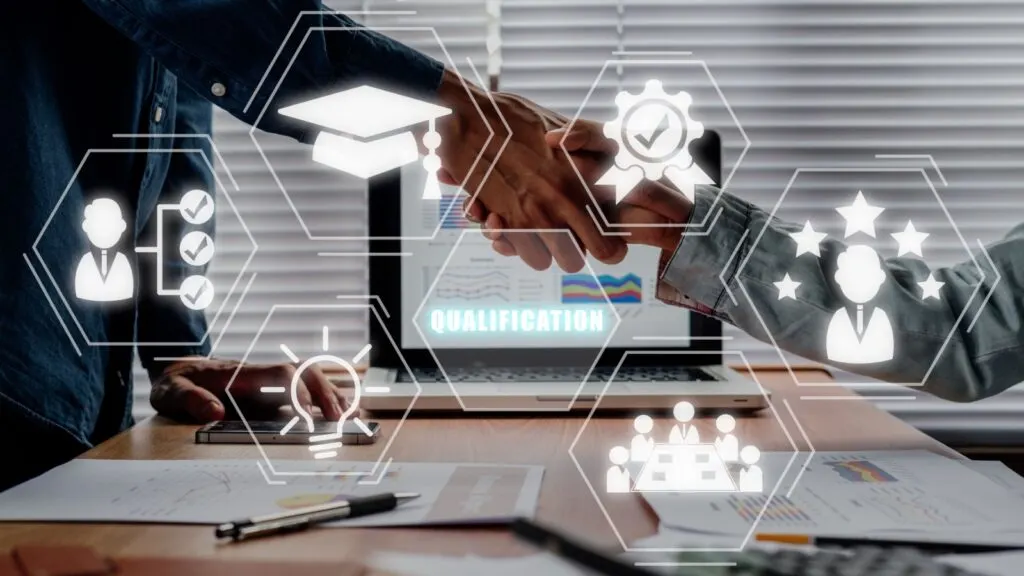
Blockchain can provide a secure and verifiable way to store and share academic credentials. Students can have complete control over their educational records, sharing them with employers or educational institutions as needed. This ensures that credentials are authentic and cannot be tampered with.
Blockchain can simplify the verification process for employers and institutions. Instead of contacting multiple institutions to verify credentials, they can quickly and easily verify them on a blockchain. This reduces administrative costs and speeds up the hiring and admissions processes.
Insurance Claims
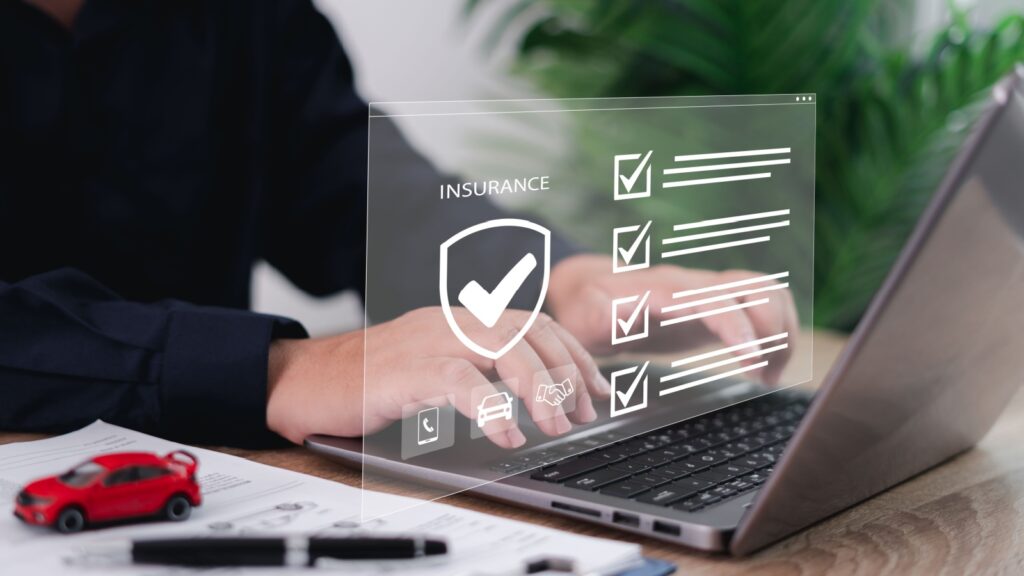
In the insurance industry, blockchain can streamline the claims process by providing a transparent and secure platform for recording and verifying claims. Policyholders can submit claims on a blockchain, ensuring that all information is accurate and cannot be altered. This reduces the risk of fraud and speeds up the claims process.
Smart contracts can automate the claims process, from verifying information to releasing payments. This makes the process more efficient and reduces administrative costs for insurance companies. Policyholders benefit from faster claims processing and increased transparency.
Government Services
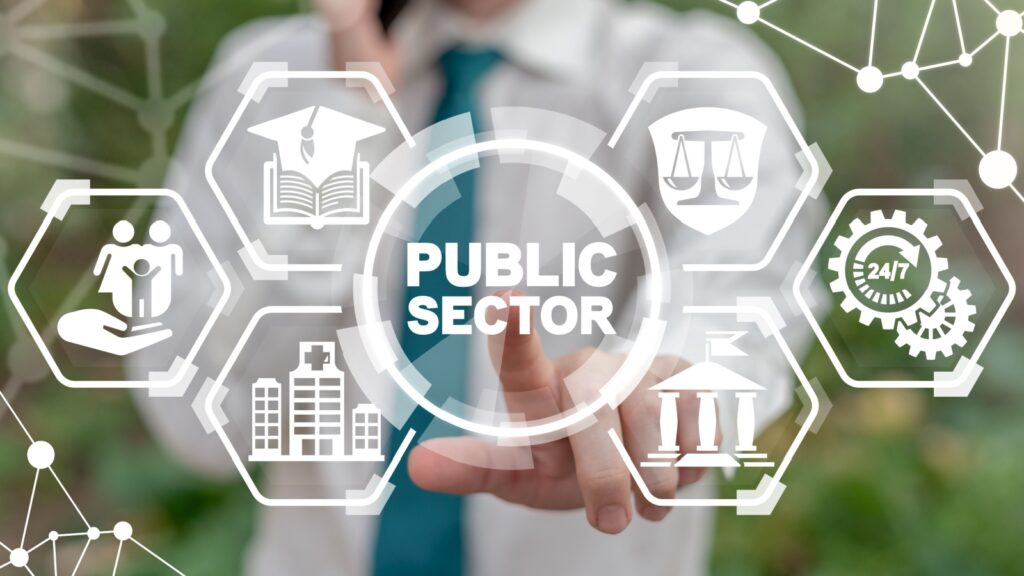
Blockchain can improve the efficiency and transparency of government services by providing a secure and tamper-proof record of transactions. From issuing licenses to managing public records, blockchain can streamline various government processes. This reduces administrative costs and increases trust in government services.
Blockchain can enhance transparency in government operations. Providing a clear and accessible record of government activities helps in reducing corruption and increasing accountability. Citizens can have greater confidence in their government, knowing that information is secure and transparent.
Logistics And Transportation

In logistics and transportation, blockchain can provide a transparent and efficient way to manage the movement of goods. By recording each step of the transportation process on a blockchain, companies can ensure that goods are tracked accurately and efficiently. This reduces the risk of loss or theft and improves overall efficiency.
Blockchain can help in optimizing routes and reducing costs. Smart contracts can automate tasks such as payments and customs clearance, speeding up the transportation process. This leads to faster delivery times and lower costs for both companies and consumers.
Art And Collectibles
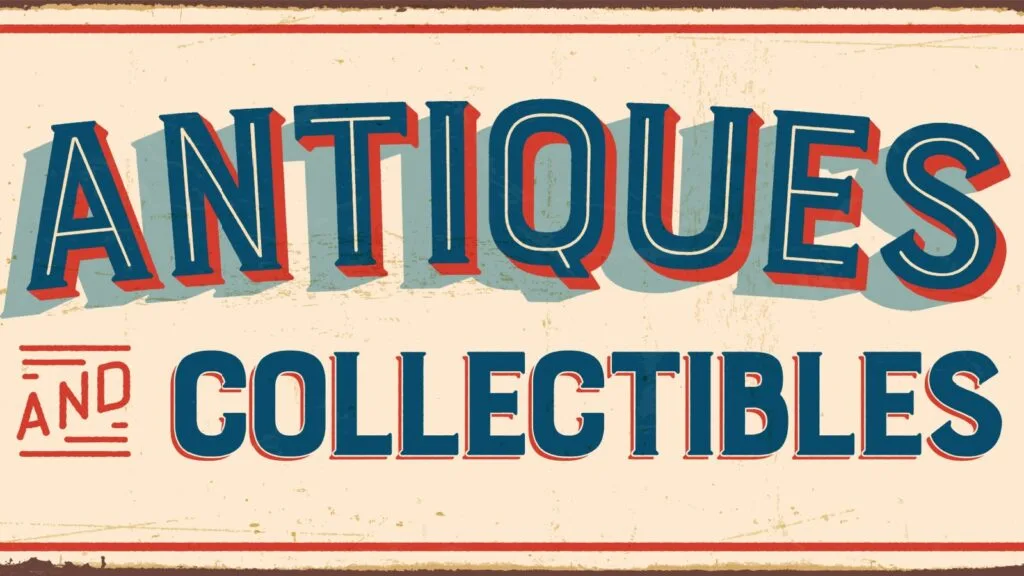
Blockchain can provide a secure and transparent way to verify the authenticity and ownership of art and collectibles. By recording ownership on a decentralized ledger, collectors can ensure that their items are genuine and have a clear provenance. This helps in preventing fraud and increasing the value of the items.
Blockchain can facilitate the buying and selling of art and collectibles. Smart contracts can automate transactions, ensuring that payments are made and ownership is transferred securely. This makes the market more accessible and efficient for both buyers and sellers.
Environmental Sustainability

Blockchain can support environmental sustainability by providing a transparent and secure way to track and verify sustainable practices. Companies can use blockchain to record their efforts in reducing carbon emissions, using renewable energy, and other sustainable practices. This helps in ensuring that their claims are genuine and can be verified by stakeholders.
Blockchain can facilitate the trading of carbon credits and other environmental assets. By providing a secure and transparent platform for trading, it ensures that credits are accurately tracked and traded. This promotes environmental sustainability and helps in achieving global sustainability goals.
